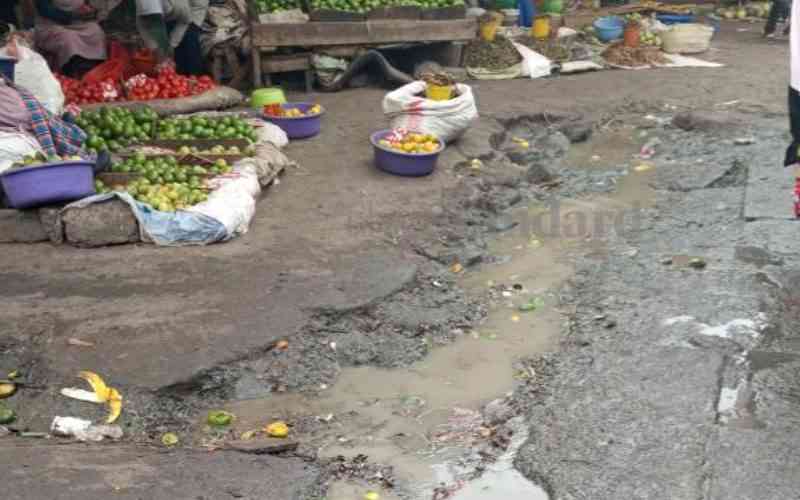×
The Standard e-Paper
Smart Minds Choose Us

The nine contenders for the Nairobi governorship have vowed to restores the city's lost glory.
Though Johnson Sakaja, Polycarp Igathe, Agnes Kagure, Nancy Wambui Mwadime, Kenneth Nyamwamu, Cleophas Mutua, Harman Sigh Grewal, Esther Thairu and Denise Kodhe are promising to deliver heaven, the city is choking under heaps of garbage.